On Saturday, U.S. President Donald Trump imposed a 30% tariff on imports from the European Union and Mexico effective from August 1, after negotiations between Washington and Brussels failed to reach a comprehensive trade agreement.
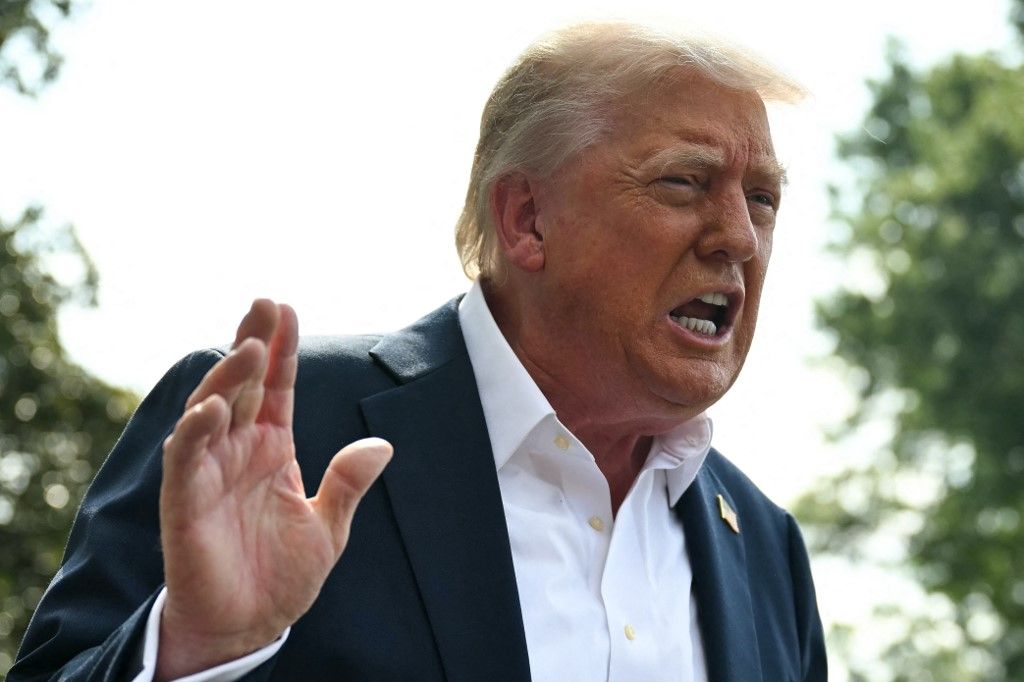
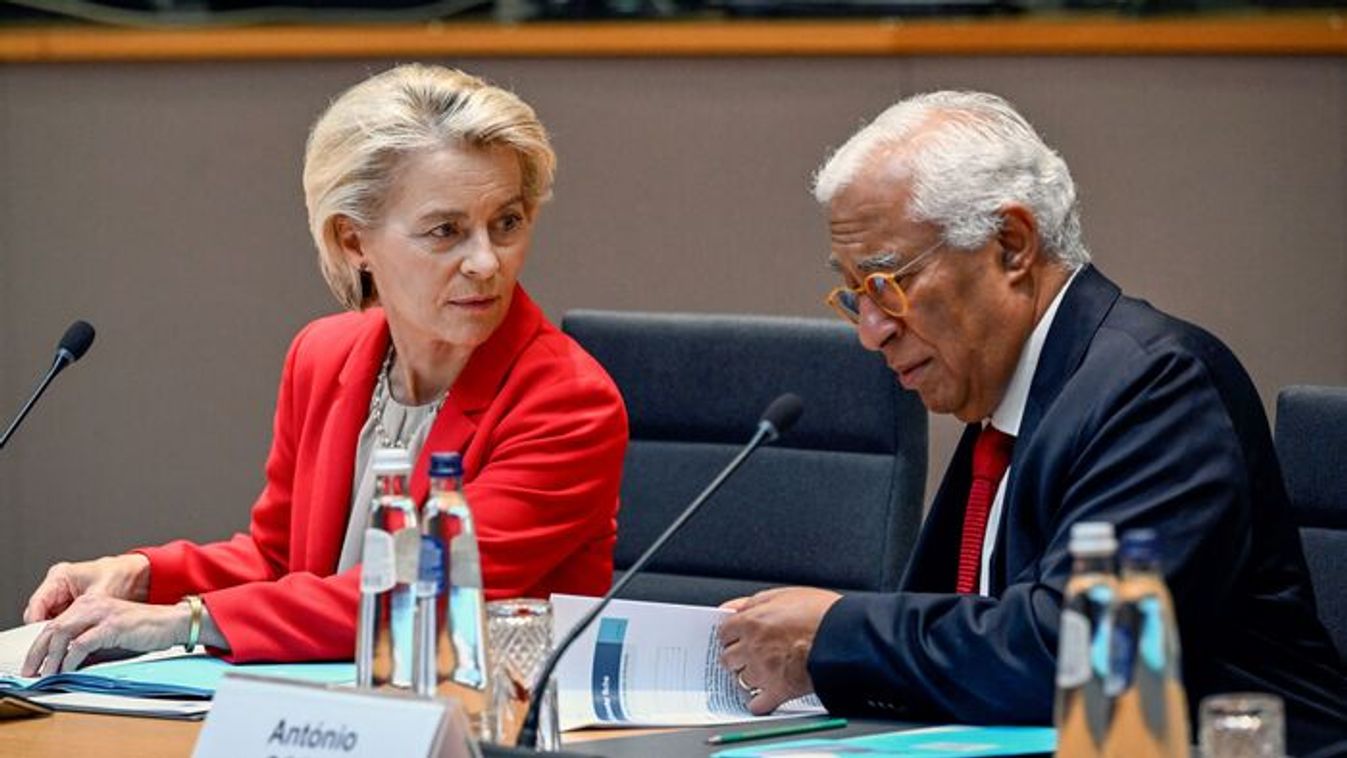
On Saturday, U.S. President Donald Trump imposed a 30% tariff on imports from the European Union and Mexico effective from August 1, after negotiations between Washington and Brussels failed to reach a comprehensive trade agreement.

While serious economic decisions were being made in Washington, a vote of no confidence was preoccupying the European Parliament and taking up all its energies. This exemplifies the political weakness of the European Union,
Fanni Lajko, analyst at the Center for Fundamental Rights, told Magyar Nemzet.
According to the expert, EU decision-making is often captive to internal power struggles:
The President of the Commission focused on her own political survival instead of showing a united and determined stance to protect European economic interests. This happened to Europe’s detriment.
The analyst pointed out that the EU’s overly bureaucratic and cumbersome institutional system hinders quick and effective responses to global political developments.
EU decision-making does not take place according to the actual interests of the member states but rather according to the will of a detached Brussels elite that often ignores national sovereignty and the interests of EU citizens,
Fanni Lajko stated.
Being slapped with a tariff hike like that imposed by Trump is a clear example of this operational dysfunction.
World politics does not wait—but the EU often does. This is how it happened that while the United States made a drastic economic decision, the President of the European Commission was fighting a domestic political battle for survival,
she added.
The expert pointed out that the situation is particularly ironic given that Ursula von der Leyen began her presidential term in 2019 with the promise to create a “geopolitical commission” to strengthen Europe’s global role. In contrast, today the European Union is more of a background player than a strategic actor on the global stage.
Donald Trump’s 30% tariff increase on EU goods sends a clear message: the United States does not view the EU as a strategic partner—especially not when Brussels is preoccupied with itself,
Lajko explained. In her view, this approach will continue to undermine the EU’s credibility and global weight in the long term.
Finally, the expert warned:
The EU’s current institutional structure and operational logic are not suitable for the bloc to appear as an equal global player. If meaningful reform does not take place, Europe will continue to only react to global political events—but will not be able to shape them.
Cover photo: Ursula von der Leyen, President of the European Commission, and Antonio Costa, President of the European Council (Photo: AFP/Nicolas Tucat)
Összesen 0 komment
A kommentek nem szerkesztett tartalmak, tartalmuk a szerzőjük álláspontját tükrözi. Mielőtt hozzászólna, kérjük, olvassa el a kommentszabályzatot.

We expect the President of Ukraine to fulfill his obligations to the EU and its member states and to restart the Druzhba oil pipeline, Viktor Orban posted on social media.
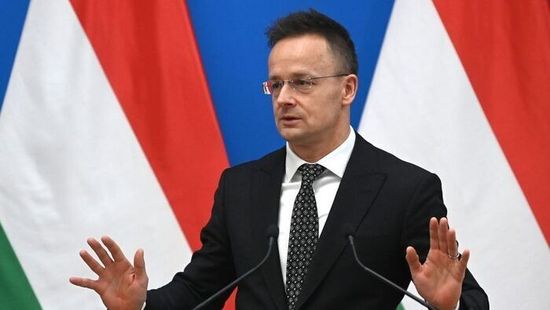
The chargé d'affaires at the embassy in Kyiv has been summoned again, FM Peter Szijjarto announced.
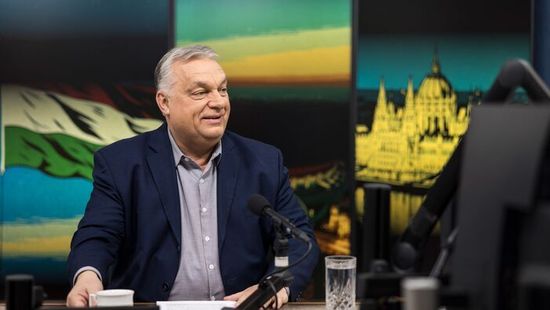
"We must have our wits about us: Hungary has never been so close to the war situation," the prime minister said on Kossuth Radio.
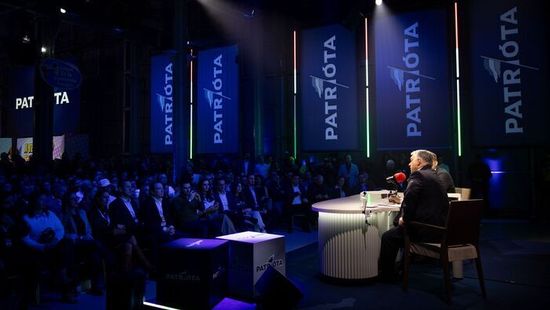
PM Orban was a guest at the Megafon Club.


We expect the President of Ukraine to fulfill his obligations to the EU and its member states and to restart the Druzhba oil pipeline, Viktor Orban posted on social media.

The chargé d'affaires at the embassy in Kyiv has been summoned again, FM Peter Szijjarto announced.

"We must have our wits about us: Hungary has never been so close to the war situation," the prime minister said on Kossuth Radio.

PM Orban was a guest at the Megafon Club.

Portfóliónk minőségi tartalmat jelent minden olvasó számára. Egyedülálló elérést, országos lefedettséget és változatos megjelenési lehetőséget biztosít. Folyamatosan keressük az új irányokat és fejlődési lehetőségeket. Ez jövőnk záloga.
Szóljon hozzá!
Jelenleg csak a hozzászólások egy kis részét látja. Hozzászóláshoz és a további kommentek megtekintéséhez lépjen be, vagy regisztráljon!